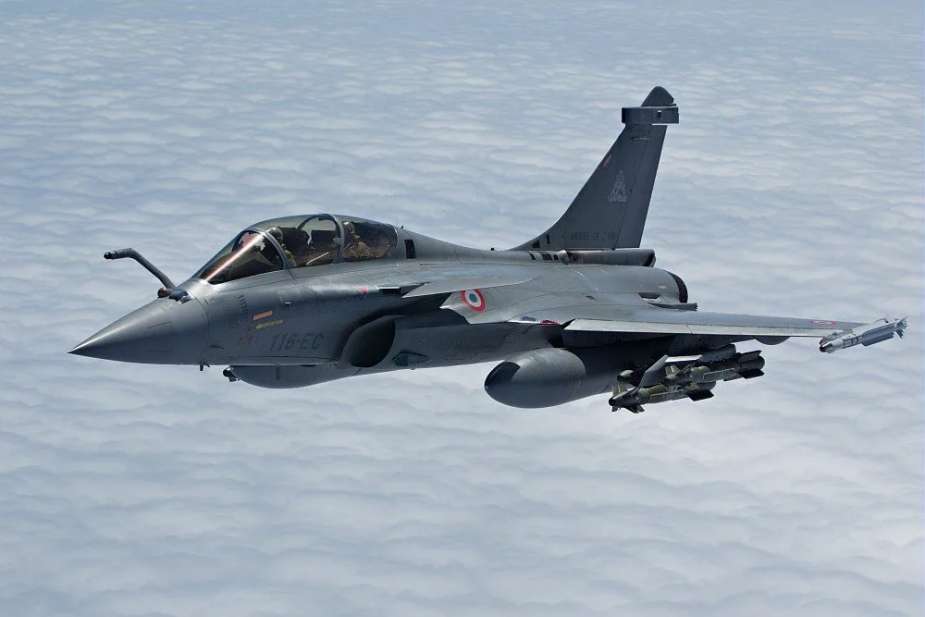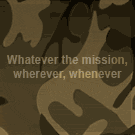Saudi Arabia is considering the purchase of 54 multi-role Dassault Rafale fighter jets from France, marking what could be the kingdom's first-ever acquisition of a French combat aircraft. According to reports from the French financial newspaper La Tribune, Riyadh has officially requested a complete quote from Dassault Aviation and has set a deadline of November 10 for the company's response.
Follow Air Recognition on Google News at this link
 Rafale multirole figther (Picture source: Dassault Aviation)
Rafale multirole figther (Picture source: Dassault Aviation)
While this development doesn't necessarily guarantee a deal, the timeline is notable. Notably, Saudi Arabia had previously considered acquiring between 100 and 200 Rafale jets, according to a report from La Tribune last year, citing anonymous sources.
The Dassault Rafale, designed by Dassault Aviation, is a multi-role aircraft that took its maiden flight in 1991 and was officially commissioned in 2002. It represents a significant investment in aeronautical technology, with the program cost amounting to 43.56 billion euros so far. Depending on the model, the unit cost varies: the Rafale B is estimated at 73 million euros, the Rafale C at 68 million, and the Rafale M at 78 million. It's not just a choice for France but also for several other countries like Egypt, Qatar, and India.
Technically, the Rafale is powered by two Snecma M88-2 turbojet engines, capable of providing up to 75 kN of thrust with afterburners. This engine allows it to reach supersonic speeds, with a cruising speed in supercruise of Mach 1.47 and a maximum speed of Mach 1.8. With a ceiling of 50,000 feet and a climb rate of 18,290 meters per minute, the Rafale boasts impressive maneuverability. Its design also offers operational versatility with an endurance of up to 12 hours when refueled in-flight.
In terms of armament, the Rafale is equipped with a 30 mm Nexter DEFA internal cannon and can carry up to 9,500 kg of external munitions, be it missiles or bombs. Its action radius varies depending on the configuration: it can go up to 1,056 km in penetration configuration and 1,759 km in air-to-air configuration. This, combined with a wing loading of 536 kg/m² and a thrust-to-weight ratio varying between 1.5 when empty and 0.62 at maximum weight, makes the Rafale a serious choice for any nation looking to modernize its air force. Saudi Arabia's potential interest in this aircraft could therefore have significant strategic implications.
Currently, the Royal Saudi Air Force (RSAF) primarily relies on advanced American F-15SA (Saudi Advanced) combat aircraft and the UK's Eurofighter Typhoons. The fleet also includes older British Panavia Tornados. The review of a new set of fighters from another country may seem excessive but could be politically motivated.
Germany, which provides a third of the components for the Eurofighter, holds a veto right over the aircraft's export. The German government has exercised this veto right and appears reluctant to change its stance anytime soon, as indicated by German Chancellor Olaf Scholz in July. This comes after Berlin froze arms sales to Riyadh following the murder of Saudi journalist Jamal Khashoggi in 2018.
Saudi Arabia had previously signed a memorandum of intent with the UK in 2018 for an additional 48 Typhoons, adding to the 72 it had already acquired in a deal signed in 2007. The new quote request for the Rafale could serve as leverage against the UK and Germany, potentially pushing them to reconsider their stance on the Eurofighter sale to avoid losing a lucrative deal with France.
This wouldn't be the first time Saudi Arabia has used such tactics. In the late 1970s, Riyadh had initiated negotiations with France for the Dassault Mirage F1 aircraft when Israel had opposed and lobbied against a U.S. sale of 60 F-15s to the kingdom. This historical context could offer clues for Riyadh's current negotiations.
The move also comes within a broader geopolitical context. In response to a deal between Riyadh and OPEC+ to reduce oil production last year, American lawmakers have proposed legislation that could end U.S. arms sales to Saudi Arabia. Such a ban could impact the readiness of the RSAF's F-15 fleet, underscoring the kingdom's need to diversify its military suppliers.
Neighboring countries like Qatar and the United Arab Emirates have already diversified their military aircraft suppliers, buying from multiple Western countries. Saudi Arabia seems to be adopting a similar strategy, either to secure the Eurofighter deal or to pave the way for the RSAF to operate French combat aircraft for the first time in its history.
















